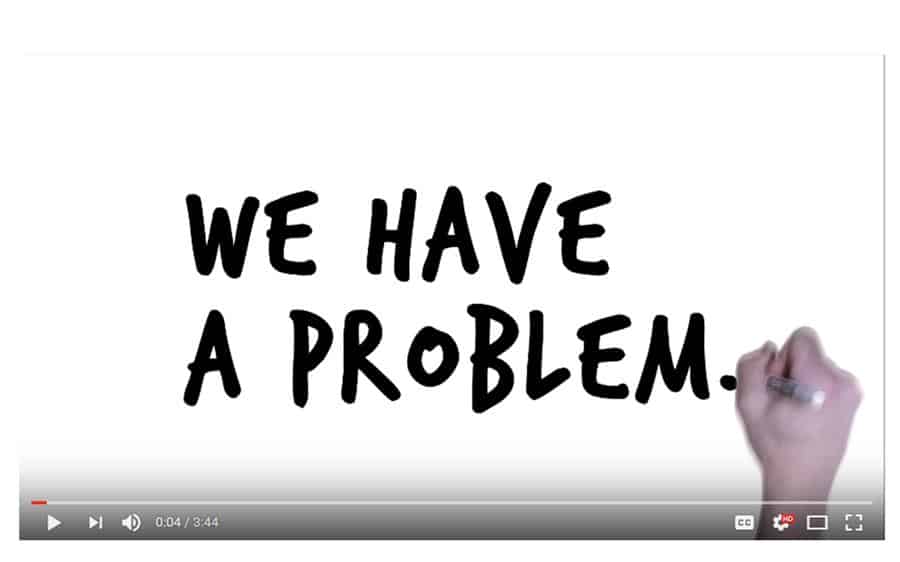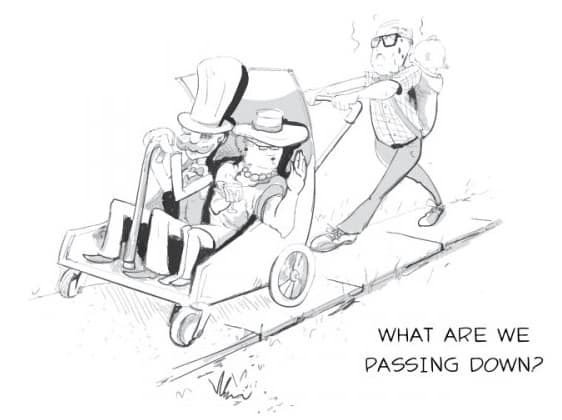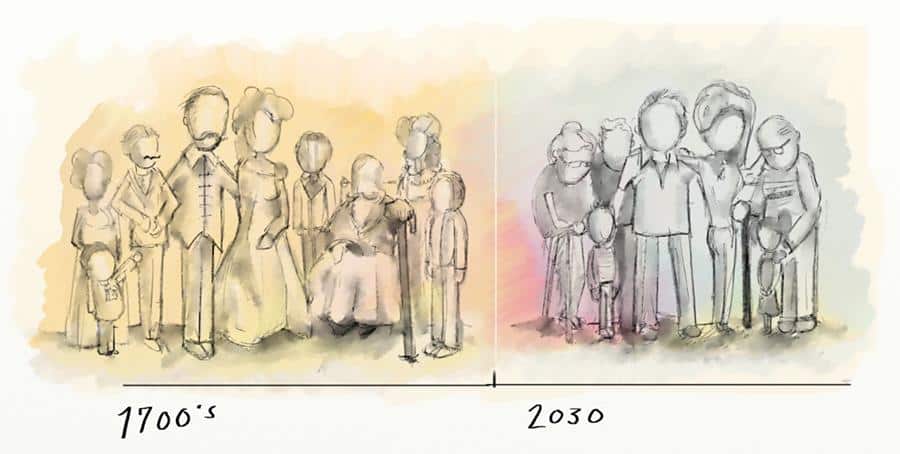Energy Realities 1: How Energy is Measured: EROI
Measuring Energy Energy is the most critical building block of modern societies because of the work it allows us to do. For commercial purposes, energy is measured in fiat currency per unit of energy ie $ per litre of gas or cents per kWatt hour of electricity. But on a national policy basis, energy must be measured in its own terms. Currency can be printed whereas energy cannot. So, to measure the real cost of producing energy, the ratio of EROI Energy Return on Energy Invested was developed.





